Knowledge Café: WSIS+20 Consultation: Two Decades of WSIS: Advancing Digital Cooperation Through Action Lines
WSIS
Session 440
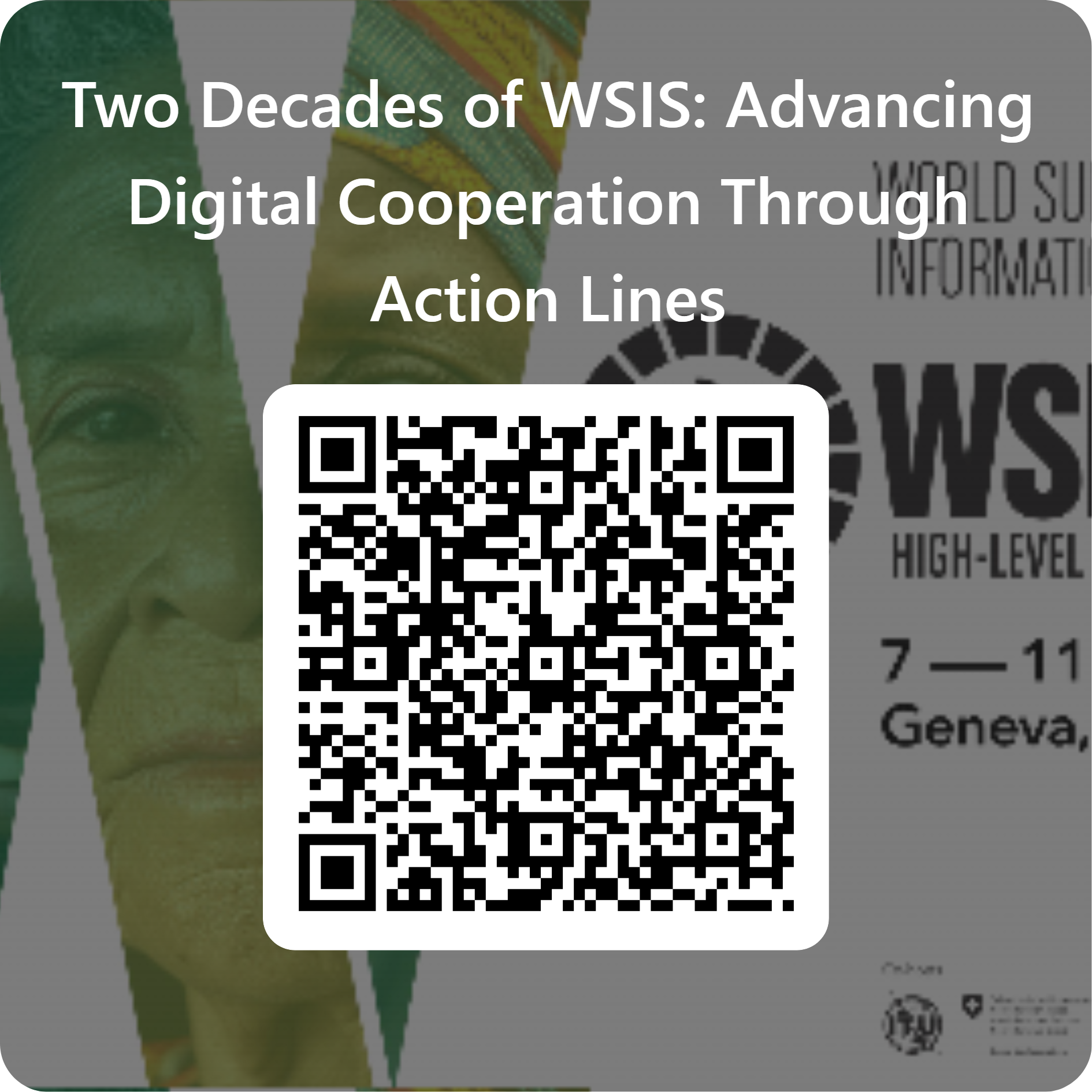.png)
🎉 Be the first to secure your spot! It's first come, first served for this knowledge cafe session. 🎉
🌟 Reserve your seat now by signing up everything is HERE 🌟
❗️Important Note❗️: Please ensure you complete the event registration first. Without it, you will not be able to access the venue or attend the Knowledge Café or any other sessions.
Since its inception at the World Summit on the Information Society (WSIS) in 2003, the WSIS Action Lines have served as the foundational framework guiding global efforts to harness ICTs for sustainable development. Rooted in the Geneva Plan of Action, these 11 Action Lines address critical areas such as infrastructure, cybersecurity, enabling environment, e-government, e-agriculture, digital inclusion access, etc.
The Action Lines are vital because they translate broad digital development goals into specific, actionable areas for collaboration between governments, international organizations, civil society, and the private sector. They enable policy coherence, foster multistakeholder engagement, and ensure alignment with the evolving needs of the digital age and the Global Development Goals.
Examples of implementation some examples from the WSIS Prizes winners :
- C1 (The role of public governance): The Department of Government Enablement - Abu Dhabi Government in the UAE developed the TAMM AI Assistant, an AI-powered, multilingual digital companion that provides over 1,000 government services through a unified digital platform. This initiative simplifies interactions for 3.2 million people in Abu Dhabi by enabling verbal or text commands in their preferred language, processing complex workflows, and completing real-time transactions, thereby eliminating the need for physical visits. This exemplifies how digital public services can enhance transparency and citizen engagement.
- C4 (Capacity building): Saudi Arabia’s Madrasati platform provides digital learning to over 6 million students and teachers nationwide. By offering virtual classrooms, integrated tools, and inclusive access—even in remote areas—it strengthens digital literacy, ensures educational continuity, and builds long-term capacity across the education sector.
- C7 (e-Agriculture): Bhutan’s Agricultural Marketing Information System (AMIS), developed by the Department of Agricultural Marketing and Cooperatives, provides real-time market price information to farmers across all districts. By enabling better decision-making and improving market access, AMIS empowers smallholders, reduces exploitation, and enhances rural livelihoods.
As we mark two decades of WSIS, the Action Lines remain essential instruments for inclusive digital transformation and resilient global digital cooperation.
Please also refer to the WSIS+20 Review Action Lines Milestones, Challenges and Emerging Trends beyond 2025 here: About | WSIS+20 High-Level Event 2025
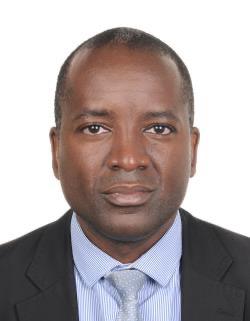
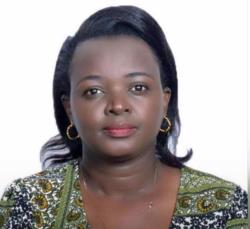
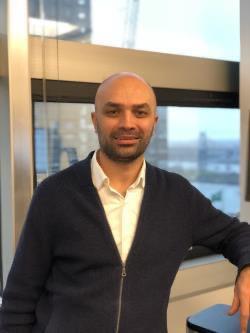
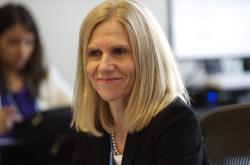

.png?maxwidth=2160)